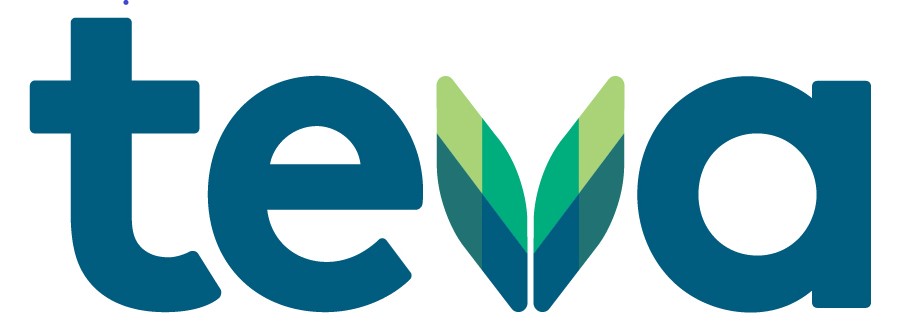Even with all of today’s technological advances, the telephone is the primary source of communication at medical offices. Because of this, it is crucial that front office staff always use superb etiquette when speaking to patients or potential patients on the phone. Here are seven phone etiquette reminders for your front desk staff. While these are simple, sometimes a general refresher is important.
Be professional and friendly.
When you answer the phone, use a cheerful, professional greeting which identifies the office and who you are. Whatever greeting you choose, your patient should always hear a pleasant, professional tone in your voice. Smile during every call, as this will naturally improve the voice to make it seem more energetic and friendly. Avoid eating or chewing gum while talking, as the noises can be unpleasant for the person on the other end of the line.
Be quick.
Answer incoming calls as quickly as possible, preferably before the third ring, to prevent a caller from thinking the office is understaffed. Too many rings are an unnecessary irritation for waiting patients and can create a negative office atmosphere.
Quickly answering calls is a simple but effective way for rheumatology practice managers to create a positive first impression at their rheumatology practice.
Speak clearly with appropriate volume.
Speak in a low tone using moderate volume convey words in a clear and understandable way. If you use a traditional phone and handset, be sure that you’re speaking directly into the mouthpiece. If it’s important to have both hands free while answering the phone, consider purchasing a headset rather than propping the handset on your shoulder.
Keep hold time brief.
Ask a caller’s permission to place him or her on hold if necessary. If you place a patient on hold, be sure to check back within 30 seconds so the caller knows you haven’t forgotten them. Never lay a handset down without asking to place the caller on hold and then pressing the hold button. Always remember to thank a caller for holding.
Brief and courteous holds are essential in managing the patient experience effectively, something all rheumatology practice managers should prioritize within their rheumatology practice.
Always remain composed.
Regardless of the caller’s tone of voice, stay pleasant and professional. When a patient is angry or frustrated, it’s important to remember that their emotions aren’t a personal attack. View each call as an opportunity to solve a problem and help someone feel better. Gather as much information as you can as you work to help address the caller’s concern.
Listen actively.
A technique called active listening is a helpful tool to ensure that understanding is complete. Listen to the caller attentively to determine the best way to assist and to show interest and concern. Advise staff members to take notes while listening, wait for the caller to finish speaking and repeat key points or ask questions to clarify the caller or receiver’s statements.
End calls politely.
When it’s time to say goodbye, it can sometimes get a little awkward. Try to give a final statement that indicates you’re about to end the call and do not hang up until the caller does.
Telephone etiquette is not just what you say or what you do, it is also how you say it and how you do it. Consider these tips the next time you talk to a patient on the telephone.
We’d love to hear from rheumatology practice managers—do you have additional phone etiquette tips you’ve found useful at your rheumatology practice? If so, be sure to let us know via our Facebook page.
Posted by



















